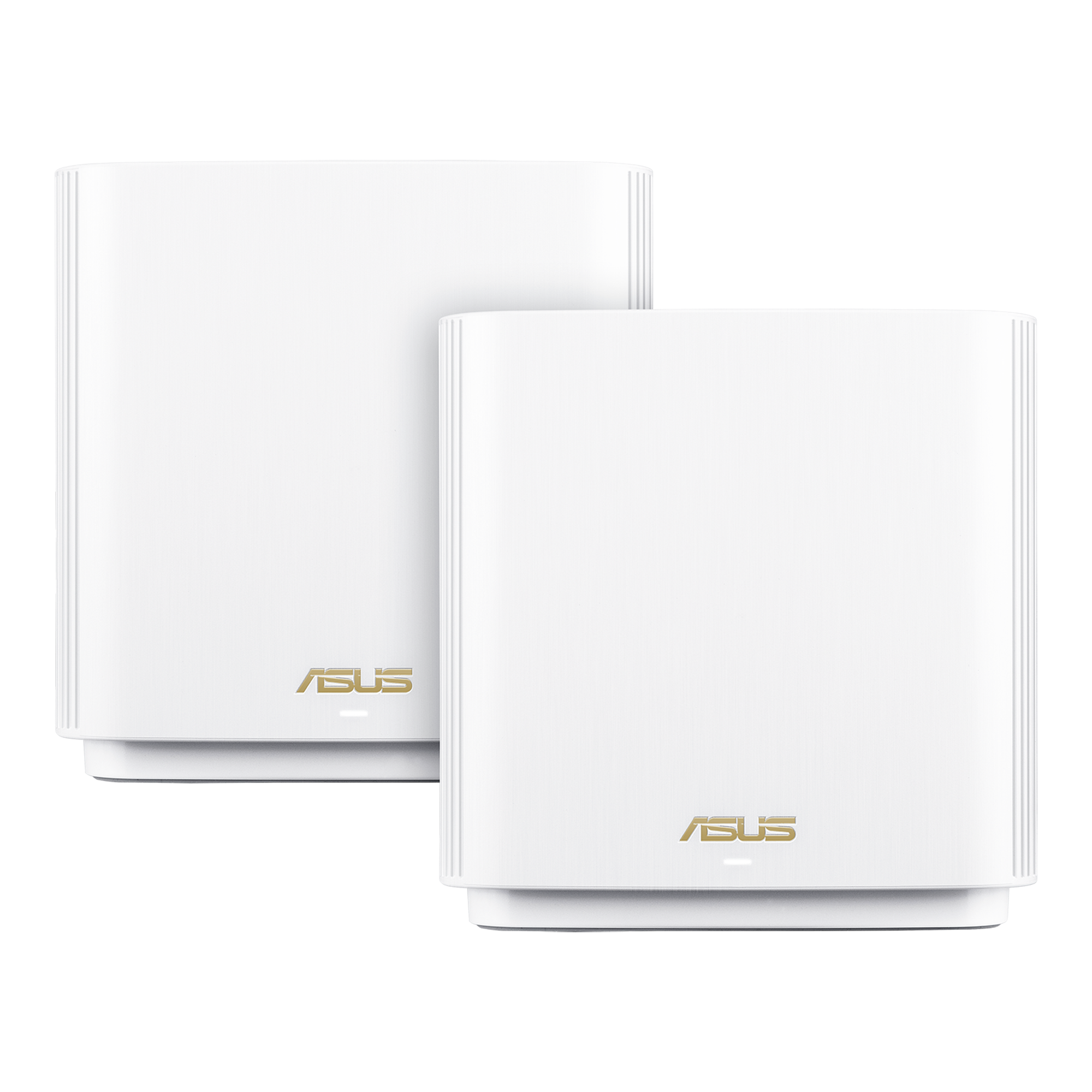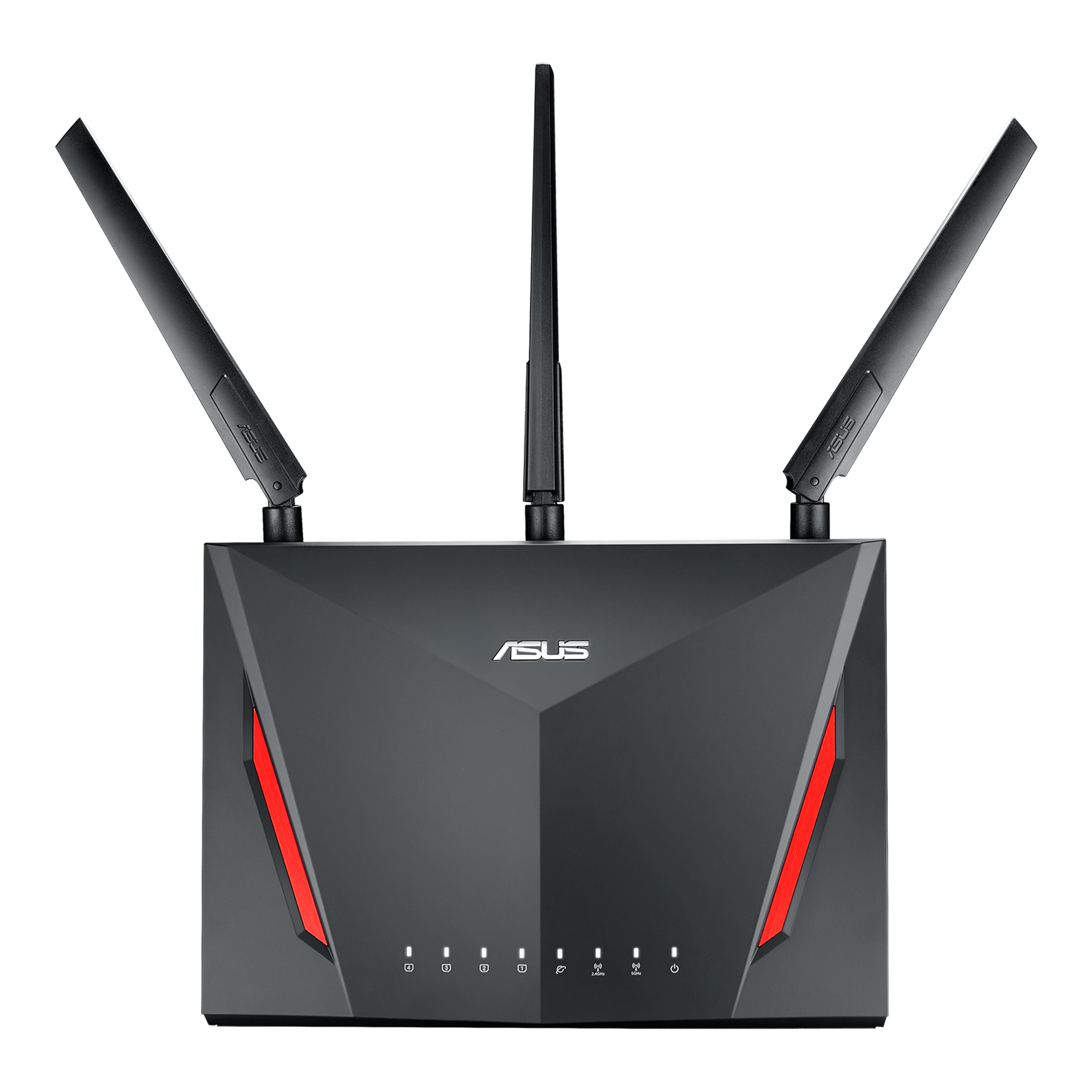Hello all, I was looking into trying to beef up my network system for coverage...I currently own a ASUS RT-AC86U. I saw this new ZenWifi on a couple review sites and it seems to get good ratings and uses wifi6/wpa3 and decent coverage..think 5500 sq ft? Reason I am looking is i noticed my signal doesn't reach to well outside/to garage...and I'm also looking into getting some wifi cameras for around outside. My question here is...do you think it be worth it to upgrade to the zen? I do a lot of streaming,youtube and gaming. Sometimes streaming and gaming occur at once...but I usually hardwire my PC from the router anyways. I also would hardwire the node (2nd one) in the living room, instead of having it use the triband to make the mesh (if i'm right in how that works). Or would i be better off just buying another AC86U and using it as a mesh system or even two more of them...Think it would still be cheaper then purchasing the two pack of the XT8. I've put the links below to asus specs.

 www.asus.com
www.asus.com

 www.asus.com
www.asus.com

ASUS ZenWiFi AX (XT8)|Whole Home Mesh WiFi System|ASUS USA
Mesh wifi 6 system for whole home signal coverage, network security, parental controls, easy setup and manage. PS5 compatible, supports QoS and app control.
 www.asus.com
www.asus.com

RT-AC86U|WiFi Routers|ASUS USA
ASUS has a range of wireless routers suitable for every purpose. Whether it's for your home, for business trips, or for any other need or environment, there's an ASUS router for you.
 www.asus.com
www.asus.com

 . However i do wanna add I like the look of the zens...easier for the SO to not complain about the appearances around compared to the ac86u.
. However i do wanna add I like the look of the zens...easier for the SO to not complain about the appearances around compared to the ac86u. 